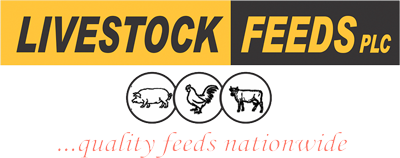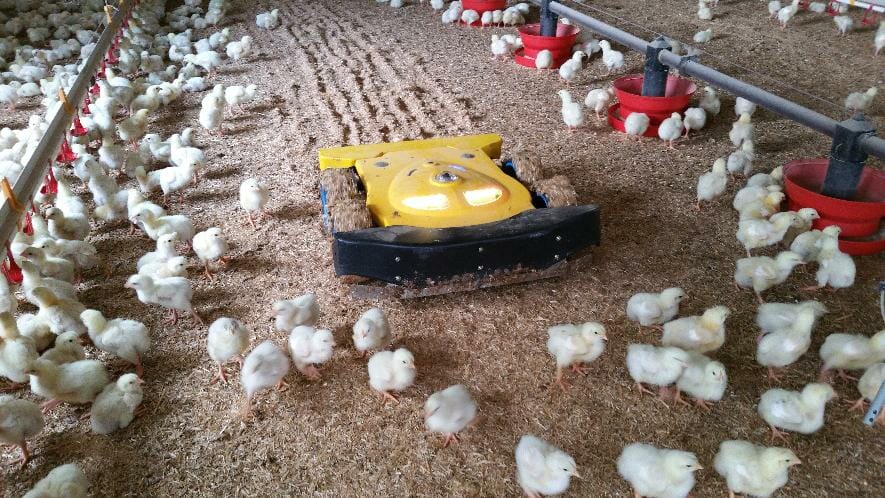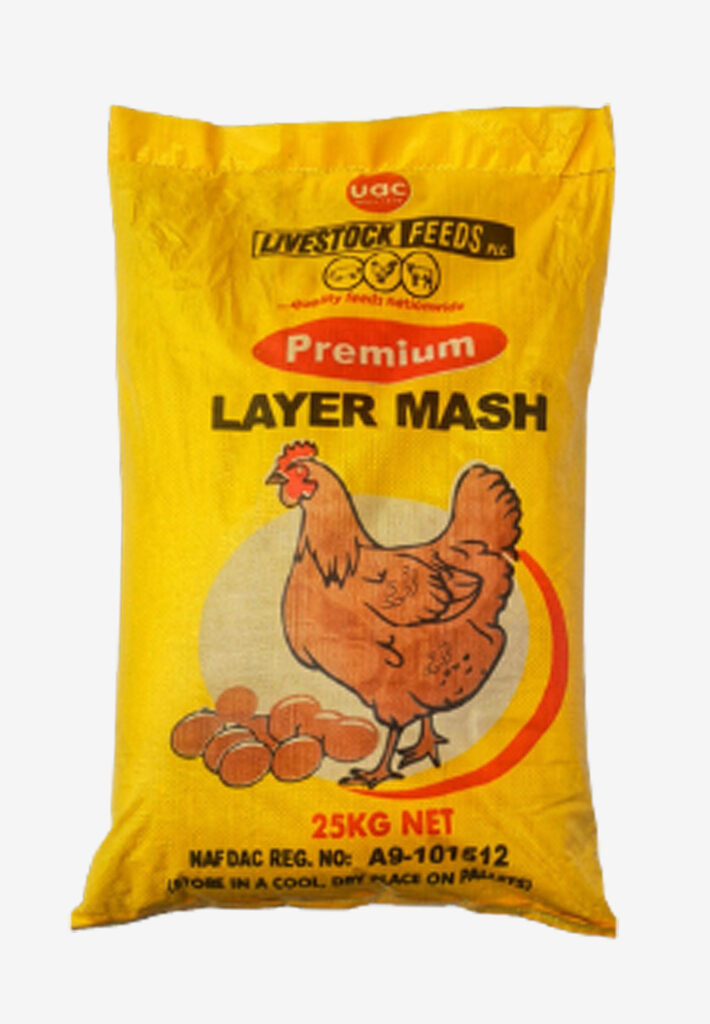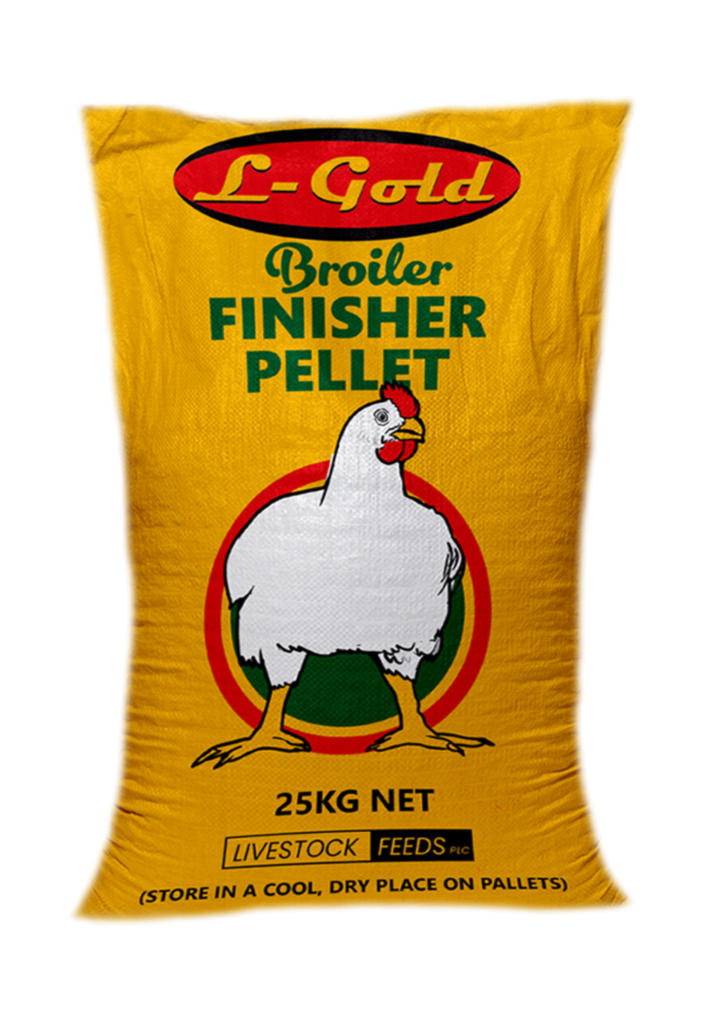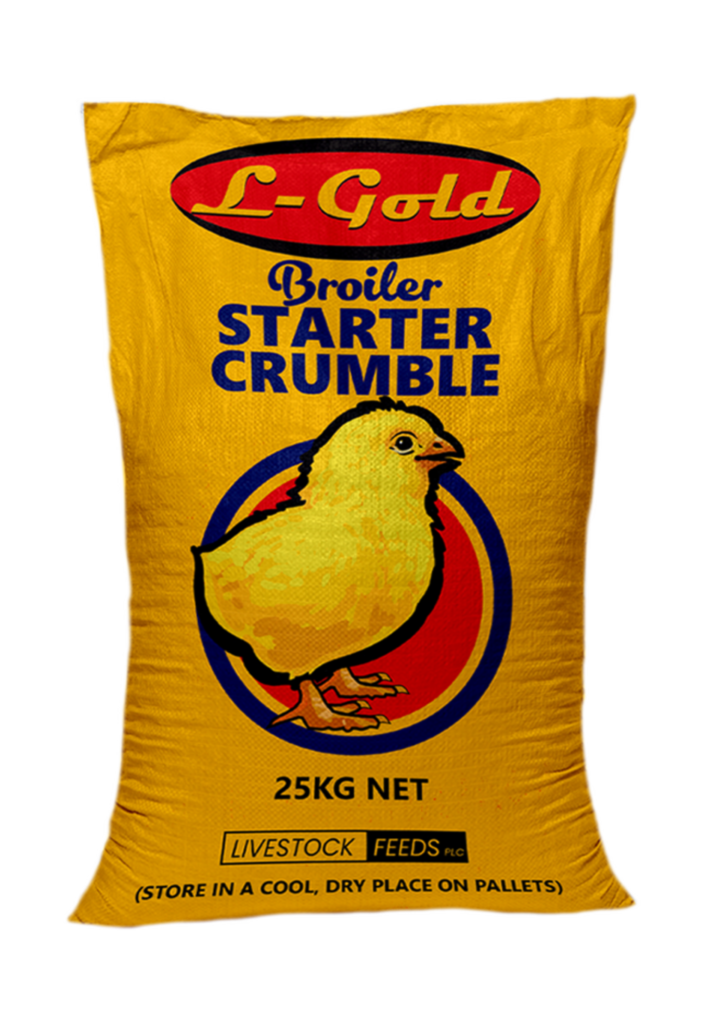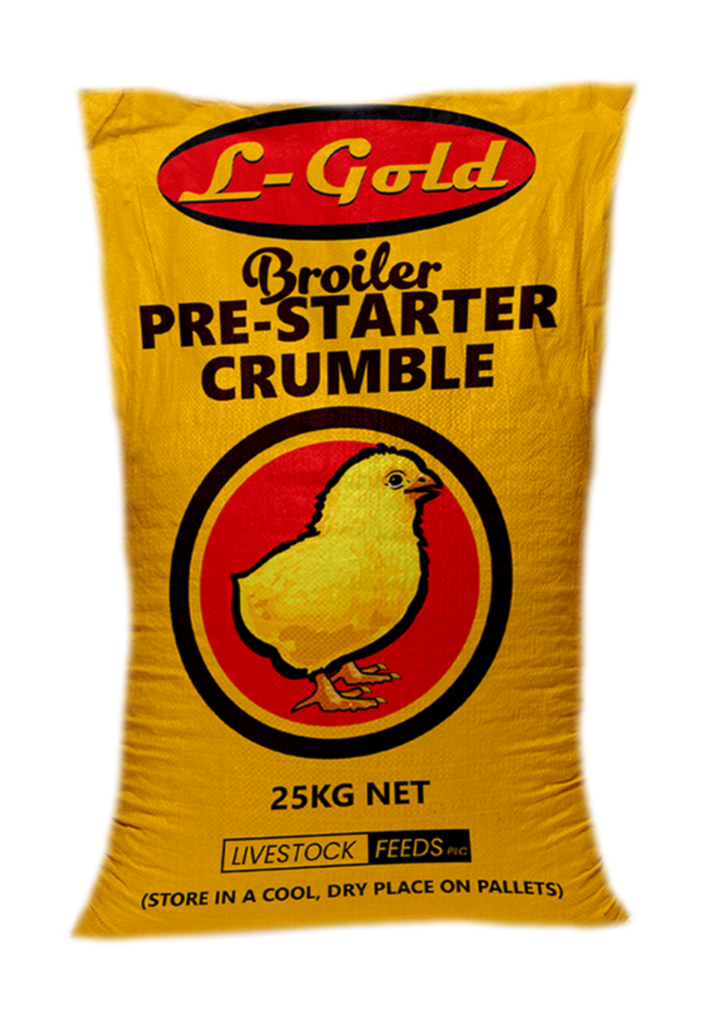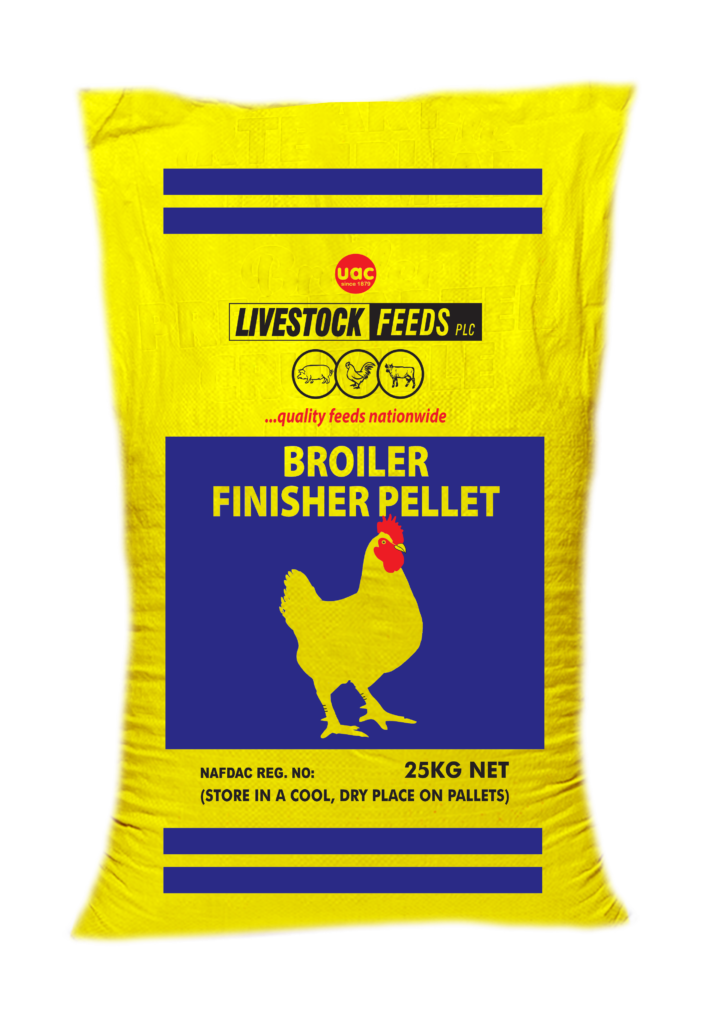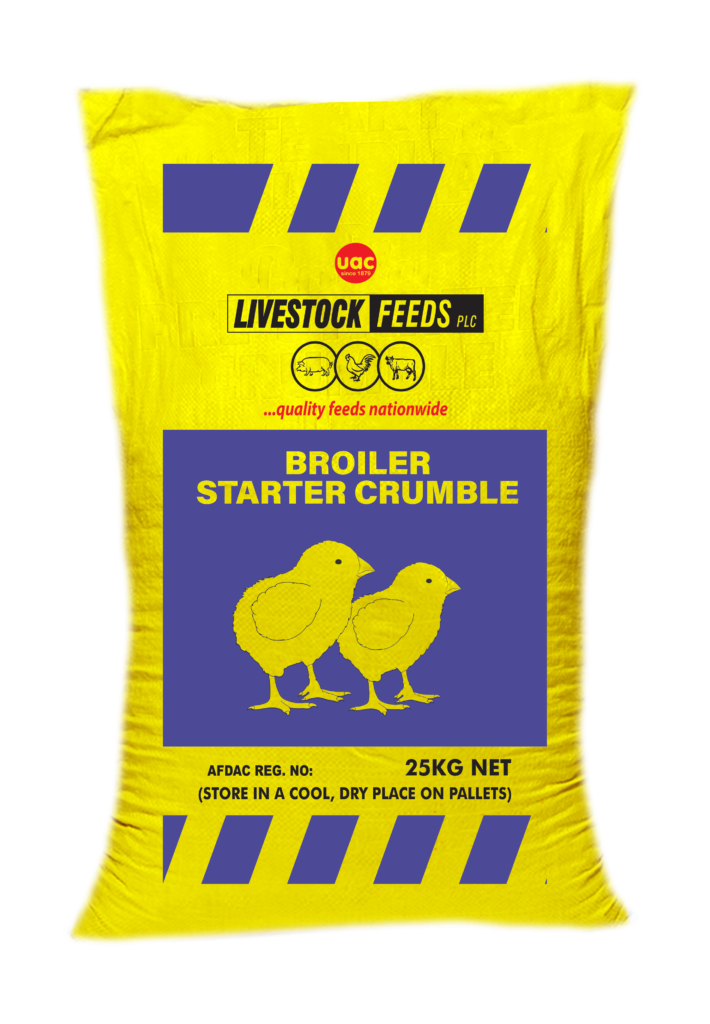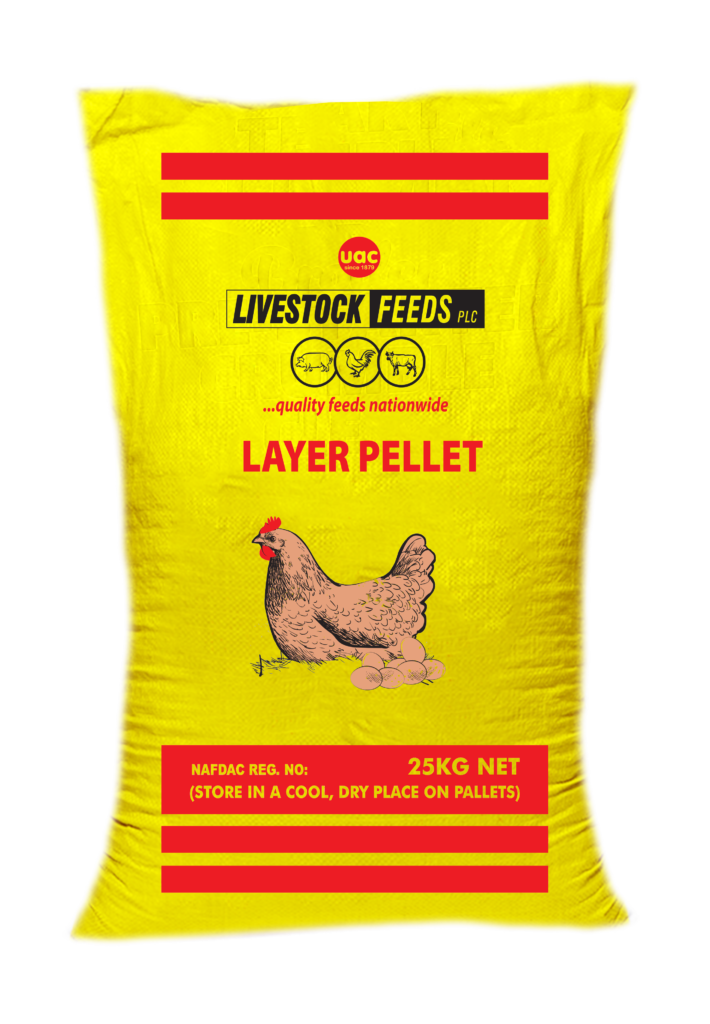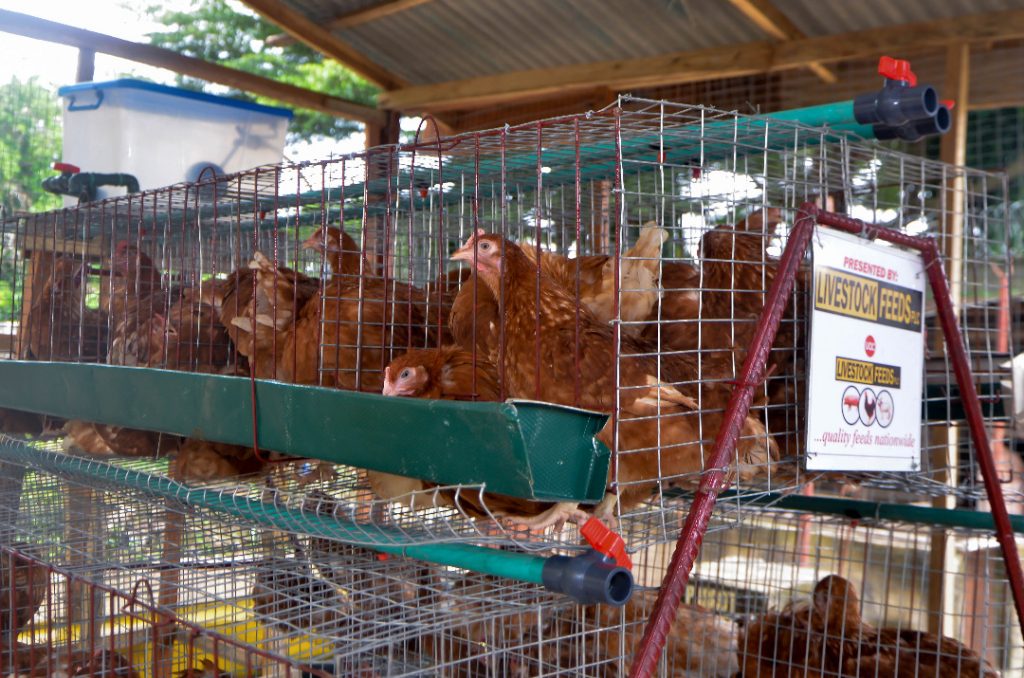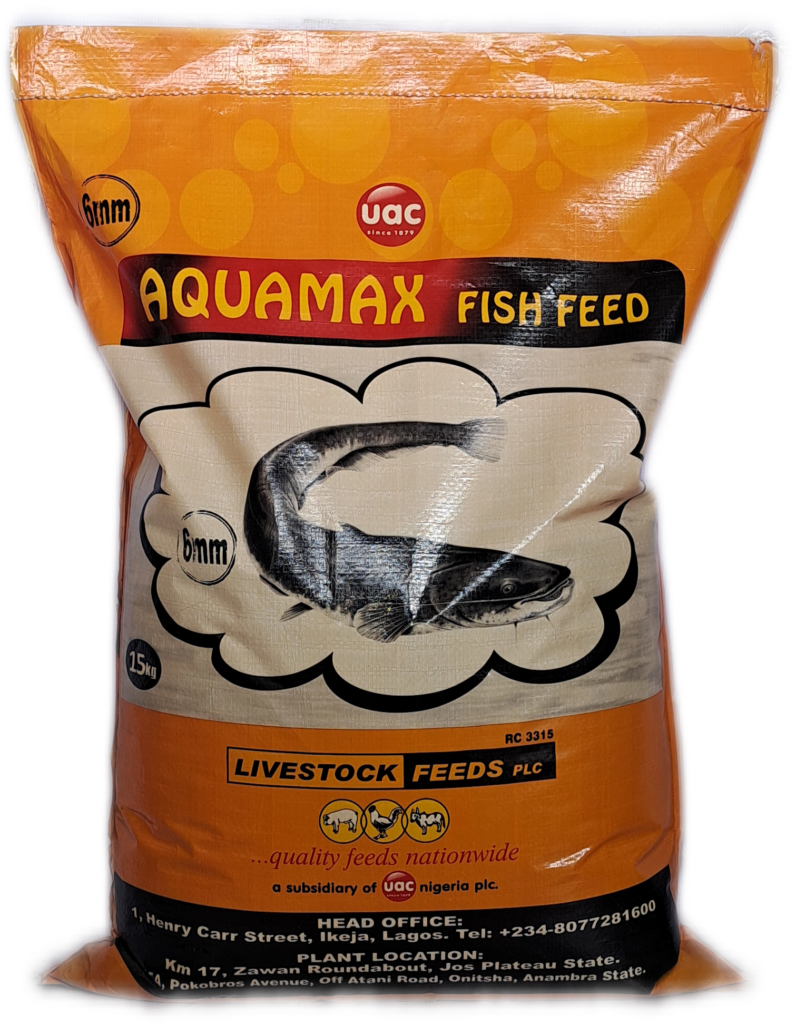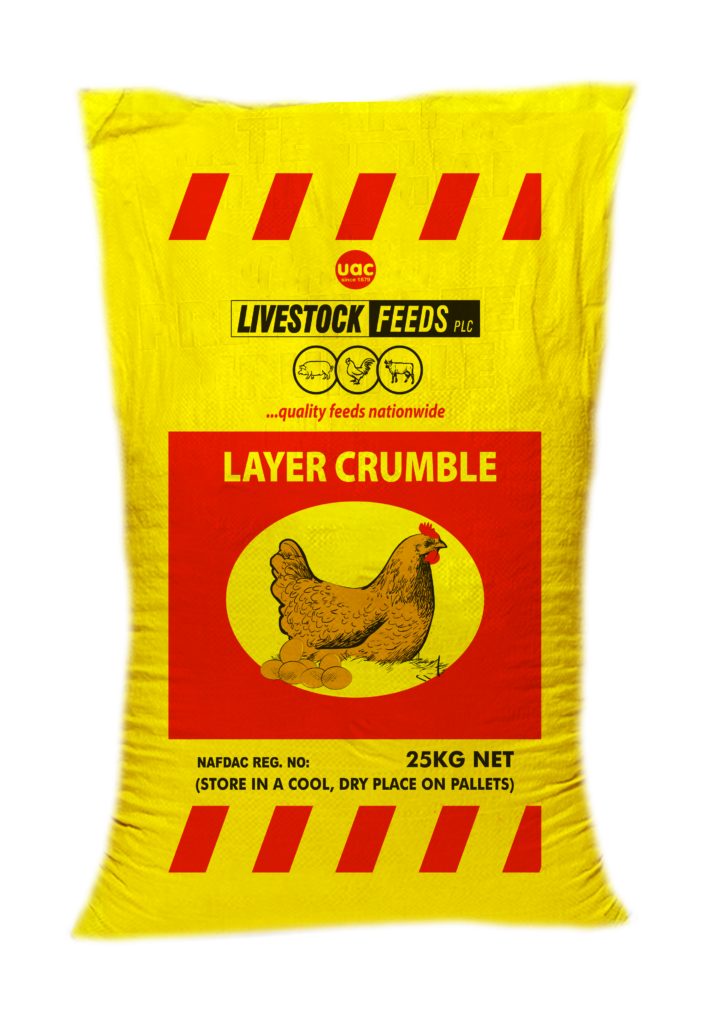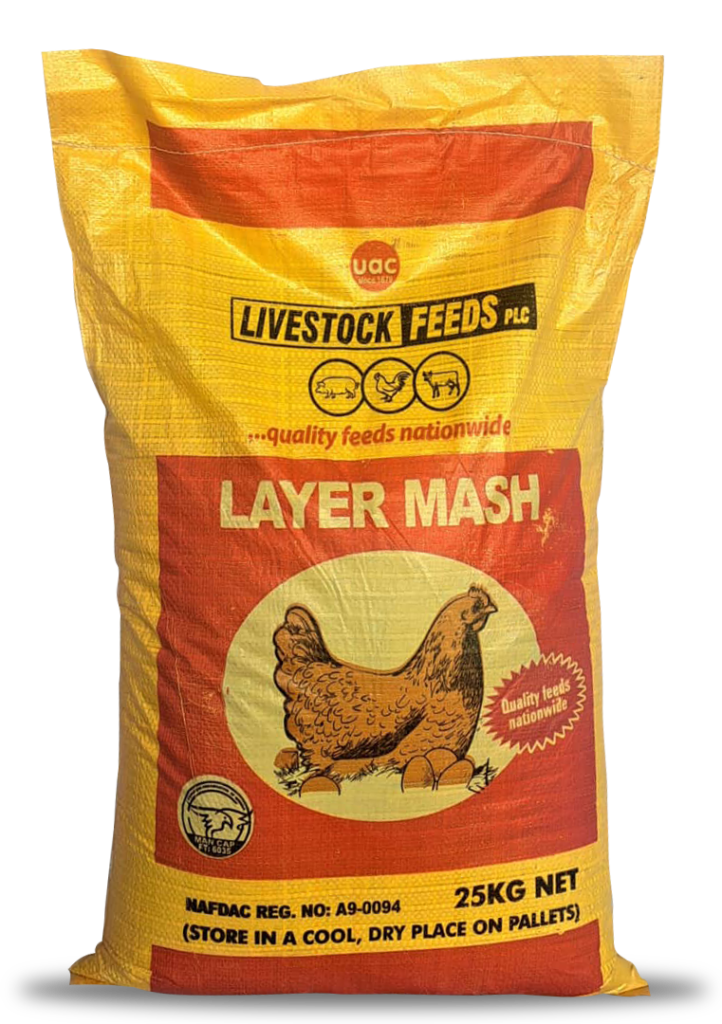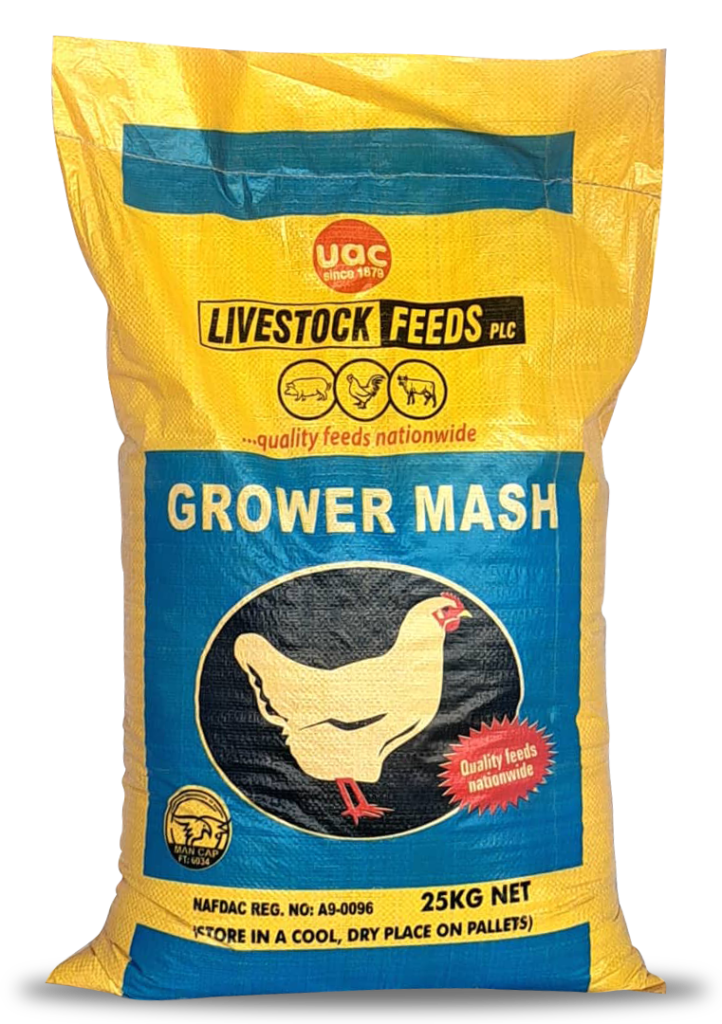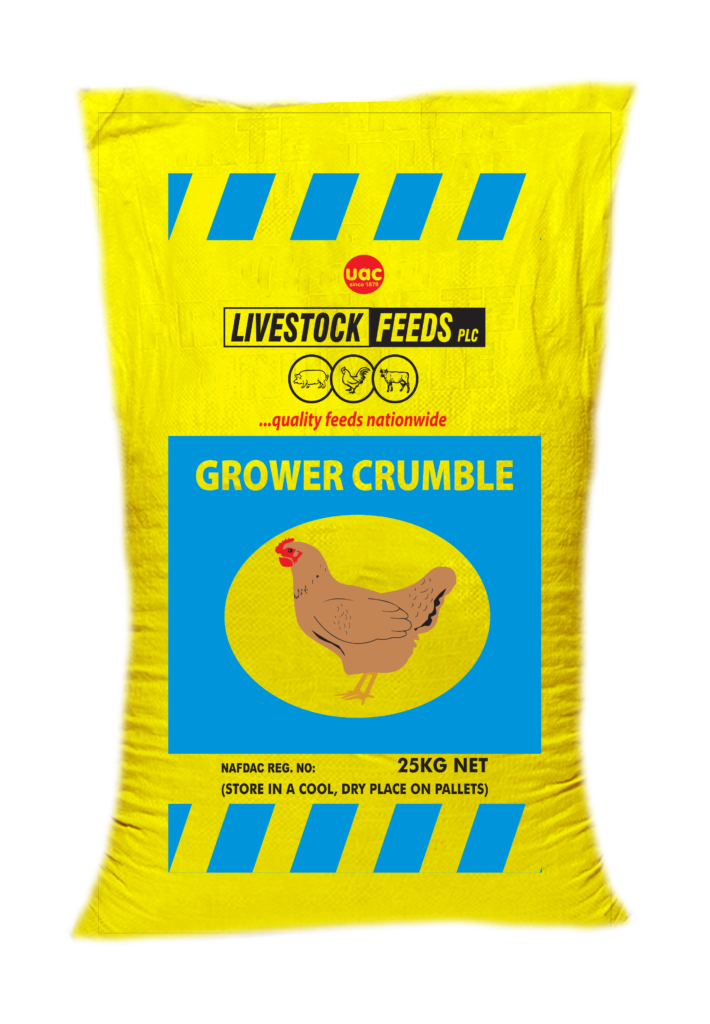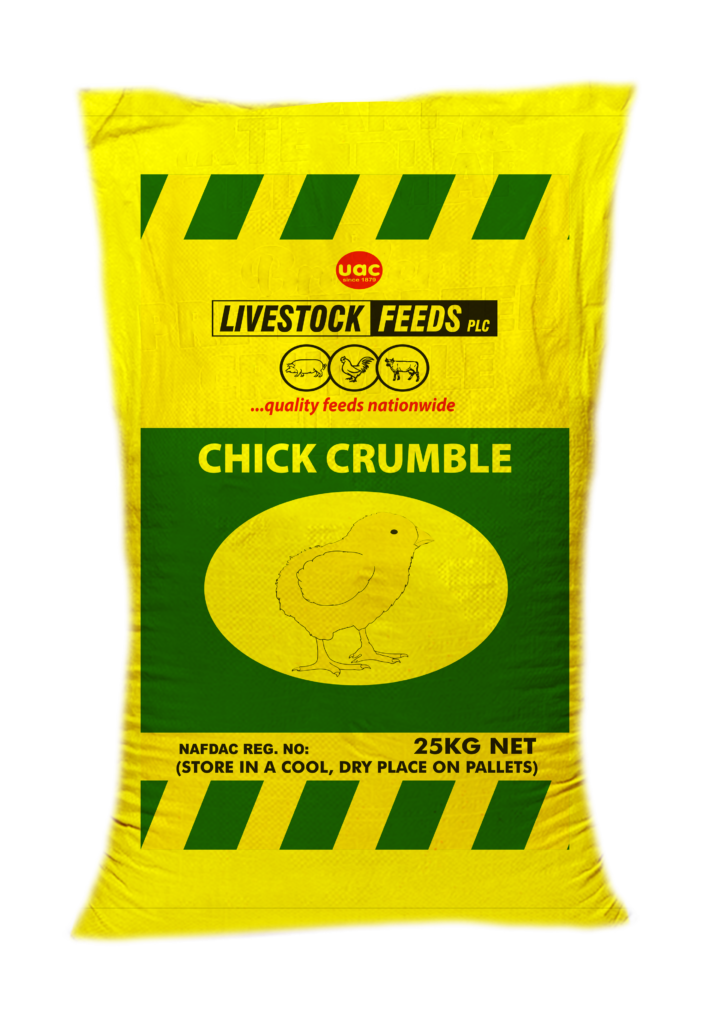
Just like humans, poultry birds are feeling the current heat stress induced by the rising temperature and humidity across Nigeria. Poultry farmers are therefore faced with the onerous task of managing and maintaining the health of their flocks. Understanding the impact of heat stress and how to mitigate it is key to maintaining a healthy flock.
Understanding Heat Stress
Unlike humans, Poultry birds do not have sweat glands, so they rely on the mechanism of panting and flapping of wings or feather movement and increased water consumption. Panting helps birds enhance evaporative cooling through shallow but frequent breathing allowing increased evaporation from the respiratory tract.
The impact of heat stress can be reflected in reduced feed consumption, a drop in egg production, poor eggshell quality, slower growth and development, reduced fertility in males, and a lower hatchability rate. It can also increase cannibalism, mortality, and immunosuppression.
Sources of heat for poultry can be through the ceiling, sidewalls, light sources, and the birds.
Strategies for Mitigating Heat Stress
Heat Stress can be mitigated via Nutritional and environmental strategies.
Nutritional Strategies.
Management of birds’ nutrition is key to mitigating the effect of heat stress. To achieve this, the feed composition and feeding patterns employed are essential.
Nutritional manipulations such as feed withdrawal during warmer hours and feeding during cooler times (early morning and late night) can help to reduce metabolic heat production. Adding little fats to the diets can enhance palatability and improve consumption.
Also, adding electrolytes to their drinking water will aid in replenishing lost sodium, which is in anticipation of a temperature rise.
Adding supplements such as Vitamin C can reduce the negative consequences related to the rise in plasma corticosterone. The use of Probiotics aids in the establishment of healthy gut bacteria such as lactobacillus and can prevent harmful bacteria from entering the body. Phytogenic feed additives are beneficial as they possess anti-inflammatory properties.
Good water management – Providing cool, clean water at all times is key. Adding ice blocks can be beneficial to the chickens.

Environmental Strategies
Birds’ population density in the pen house should be reduced to avoid overcrowding. Ensuring that adequate ventilation is maintained in the pen house while making provisions for fans and sprinklers would help minimize the effect of the heat stress.
Avoid direct sunlight on the birds. Planting trees around the pen house can improve air speed and increase convective heat loss.
At Livestock Feeds Plc., we ensure you get the right feed to maintain a healthy flock.

